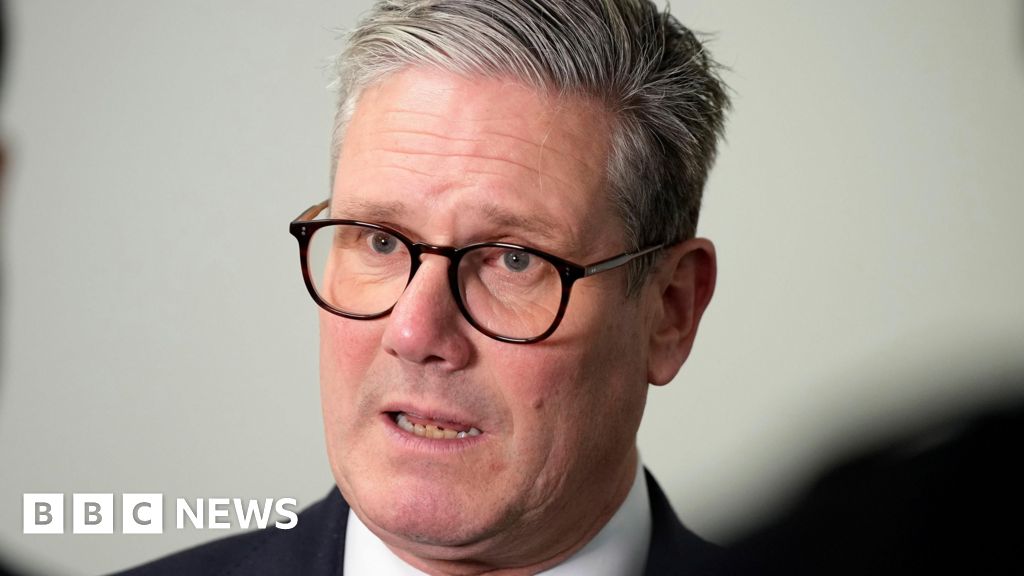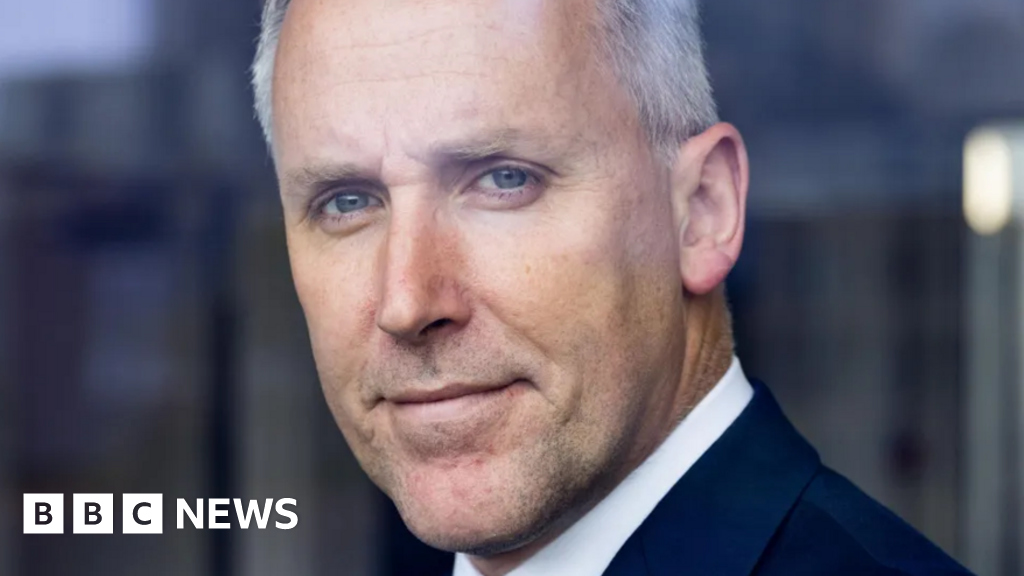Sequoia Capital, one of Silicon Valley’s most prominent venture capital firms, is breaking itself up, spinning out its Chinese unit into an independent company at a time of rising tensions between China and the United States over investment and access to advanced technologies.
The firm announced on Tuesday that it planned to split into three independent partnerships, with its businesses in China and India adopting new brands and the firm in the United States and Europe retaining the Sequoia name. The firm’s global footprint had become “increasingly complex” to manage, said a statement from Sequoia’s managing partner Roelof Botha; the firm’s China head, Neil Shen; and its India head, Shailendra Singh.
In an interview, Mr. Botha said Sequoia had evaluated whether a centralized model made sense “over the years.” The issue came to a head in the past couple of months, and “it just became clear to us that the cost of holding it all together and background wasn’t worth it,” he said.
“Increasingly, we deal with portfolio conflicts across entities because founders really now have global ambitions, and the brand confusion was just starting to chafe at everybody,” Mr. Botha said.
Sequoia’s China business will be called HongShan. Sequoia’s business in India and Southeast Asia will be called Peak XV Partners.
Sequoia has more than $53 billion in assets under management in the United States and Europe, $56 billion in China and $9 billion in India and Southeast Asia. The firm’s business in the United States and Europe has generated returns of more than $30 billion over the past five years, according to a person familiar with the fund’s performance.
Since it entered China, in 2005, Sequoia has played a prominent role in the rapid and lucrative rise of China’s tech giants. Its notable investments include ByteDance, the owner of the video app TikTok; the fintech company Ant Group; and the fast-fashion retailer Shein. The firm has invested in over a thousand companies in China, including in rising tech sectors such as electric vehicles and biotech.
Mr. Shen, Sequoia’s China head, sits on the board of ByteDance, a company that has drawn scrutiny as TikTok faces the ire of U.S. lawmakers for its purported ties to China’s government, with executives from the hugely popular app facing questions about whether it spied on Americans on behalf of Beijing.
Lately, venture capital investors have grown wary of pouring money into China: Deal volume fell by half last year to about $69 billion, the lowest level in six years, according to PitchBook, a research firm. Not all of that can be tied to geopolitical tensions, with China’s economy slowing sharply while under strict “zero Covid” restrictions until late last year.
But doing business in China has become more complicated, particularly in sensitive industries like technology, as the United States and China have competed for economic primacy.
The United States has been weighing restrictions on investments into China, which has generated strong pushback from some major investors. The U.S. government already prohibits domestic companies from directly selling certain technologies to China, and it monitors the investments that Chinese companies make in the United States for security risks.
The Chinese government has recently targeted advisory and consultancy firms with foreign ties, raising the alarm of executives in the West. These firms help foreign businesses assess investments, playing a particularly important role in China, where reliable information is hard to secure for companies looking to invest in the country.
Chang Che and Michael J. de la Merced contributed reporting.

























1720445785-0/Untitled-design-(80)1720445785-0.png)





















